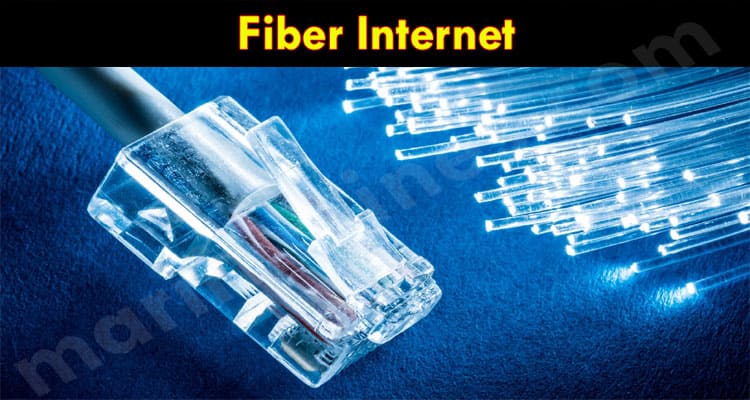Fiber Internet – Not everyone has access to fiber-optic internet yet. But it is becoming increasingly prevalent, and if you do have the choice, here are six excellent reasons that you may want to switch.
1. Dependability
The Internet has become one of those resources that we tend to take for granted when it is working well but that has a glaring effect on our quality of life when it is not. The bottom line is that we want our Internet access to be reliable, and this is an area where fiber-optic Internet far exceeds cable. In fact, industry statistics show that fiber has better uptime than any other Internet service type. The infrastructure requires less maintenance and is less prone to damage from storms and accidents.
2. Speed
The speeds provided by fiber-optic internet service providers are the fastest in the U.S. Cable companies are working hard to close the gap, and Elon Musk asserts that Starlink satellite internet will eventually reach fiber speeds. But even if that is the case, SpaceX is a decade or more from realizing it, and fiber optic will eventually render cable obsolete. Fiber already delivers 1 Gbps speeds. The average cable service in the U.S. is less than 300 Mbps, and Starlink is around 100 Mbps. Another advantage with fiber is that you get the same speed up as down. Cable companies are struggling to deliver more than 20 Mbps up.
3. Bandwidth
Bandwidth and speed are often confused, but they are not actually the same thing. To appreciate the difference, consider a highway. If the speed limit is 70 mph and you are the only car on the road, you will have little trouble reaching and maintaining that speed. But during rush hour, there may be many cars on the road, and you may therefore have to drive slower than the permitted limit. Fiber not only provides better bandwidth but generally does not have data caps, throttling and other bandwidth limitations.
4. Latency
Fiber also provides the lowest latency among internet services widely available in the U.S. Latency is the time it takes to send data to a server and receive a response. Lower is better. Many internet services have poor latency, and you may not even notice if you are checking your email, surfing the Web or binging a TV show on Go Latino TV. But if you are video conferencing for work, playing a competitive multiplayer video game online or participating in any internet activity that requires a real-time exchange of data, low latency will undermine your experience.
5. Security
Fiber internet is inherently more secure because cable internet can be compromised through cable tapping and other techniques that are not relevant to fiber. Is this a significant difference for the average end-user? No. But it is a worthy consideration for small businesses or any other users that may be targeted for a data breach or any of a number of other cyber-crimes.
6. Cost
Fiber is not necessarily cheaper than cable, which is perhaps what matters to the average consumer most. It is, however, more cost-effective. Each Mbps will cost you less. In other words, you will get more service for your dollar. Depending on how you use your Internet, there is real cost-efficiency associated with the increased productivity as well. The benefit particularly applies to businesses.

